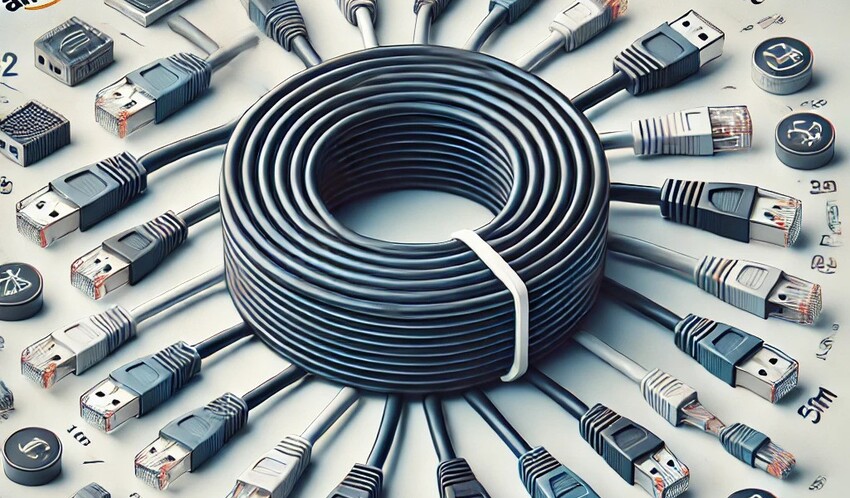Last updated on September 23rd, 2022 at 05:39 pm
People assume that Information Technology is only for the tech industries. Well, I’ll tell you what it has more in it. IT is not bound to the cyber offices. It is rising in every part of life and plays a vital role in the health businesses. Here I will tell you the importance of information technology in healthcare.
New and developing technologies have altered the healthcare industry in the last several years. You must be thinking that what is the link between computers and patients? IT has put some tremendous effort towards the improvement of the health business. Because of IT, hospitals are now able to serve their patients with more satisfactory services.
Importance of Information Technology in the Healthcare Industry
Information technology plays a crucial role in the health business. The fundamental purpose of IT in the Healthcare system is to enhance the health ratio of the population. It is possible by giving the patients an increased quality of care and peace of mind.
It would have been challenging to handle millions of hospitals and patients in this modern era. The world’s population is expanding, and hence the necessity for quick answers is becoming high. The daily duties should be done on schedule without delay. Information Technology makes it fast, rapid, and comfortable for the health care management to deal with the patients. Along with that, it also provides the patient with extra health care facilities. Technology also lowered managerial strain.
Role of IT in Healthcare
Despite the many benefits that the IT sector has brought to the healthcare business, I will focus on some of the most significant developments. The advancements have taken place in hospitals as a result of IT.
Enhance Communication
Doctors and medical specialists have the most difficulty coordinating and communicating. Because specialists throughout the world were not working together, it was impossible to develop effective therapy options.
Hundreds of professionals must work together to find the best possible cures for people with various conditions. Before information technology, it was difficult for specialists worldwide to get together in a crisis scenario.
Better collaboration with the world’s greatest medical specialists makes the healthcare industry perform better. As a result, patients receive better care, and there is an improvement in the community’s health.
Better Availability
Using IT, healthcare providers such as:
- Doctors
- Nurses
- Lab technicians
- Researchers now have instant and convenient access to patient records. They have access to their patient’s EHR at all times and from any location.
To improve the accuracy and speed of making medical care decisions. Not only are the physicians who benefit from IT, but patients may also, too, as it makes medical records and other pertinent information available to them at any time.
Save Time
There are great benefits to health care providers and patients from IT. In the past, tasks may take days to complete; now, it takes only minutes. With hundreds of computers working instead of one person, patients no longer have to wait long for their findings. It has become more simple with core banking services to pay bills. It doesn’t need the help of many accountants when issuing patient invoices and collecting payments in cash.
This means that today’s executives don’t have to waste hours sifting through piles of paperwork to locate a particular document.
More Data Capacity
Health care facilities need several distinct departments to keep their data and information before the arrival of IT. Aside from the fact that data administration was time-consuming, it also took a large amount of money as they needed to build data departments, their drawers, and cabinets, as paper takes up a lot of room.
Since IT has taken over, the administration and storage of data have become more simple. It eliminates those billions of documents thanks to information technology. The only requirements are a computer, its software, and its system to digitally change data from one form to another. Using a single tiny system, health care providers may store the data and information of literally billions of patients, physicians, workers, illnesses, and other entities.
Key Advantages of Information Technology in Healthcare
- Information that is both complete and accurate.
- Care and treatment regimens according to each patient’s needs.
- More rapid and effective exchange of information between patients and healthcare professionals
- Patient’s medical record that is both clear and secure
- A central database provides easy access to patient records.
- Savings due to the proper use of codes and the submission of accurate medical claims.
- Lower risk of manual medical error
- Lower risk of adverse reaction to a drug, as all information and record, is readily available.
- Streamline the processes for arranging appointments, appointment reminder systems, verifying insurance, coding, and invoicing.
A combination of:
- New legislation
- Shifting patient expectations
- Cutting-edge new technologies are fast transforming healthcare and the role of IT in healthcare. It’s becoming important for medical providers to have effective and secure IT services to follow new legislation.
Marham is one of the healthcare apps that uses information technology. It serves the public to improve overall health in the best possible manner. You can also try it by yourself by downloading this App.
FAQs
1. What are the benefits of using information technology in healthcare?
The advantages of health information technology (IT) include:
- The capacity to save and retrieve data
- The ability to quickly transmit patient information in an understandable format
- The ability to securely store and access data, etc.
2. In what ways is IT altering the healthcare industry?
Modern medical technology can improve health care delivery by making it easier for people to communicate with their doctors. More affordable, quicker, and more effective for doctors to treat patients.
3. How does IT affect public health acts?
Doctors are more accessible and better at their professions than they were a generation ago. With IT, using internet medical resources, they may also quickly search for case studies and review patient histories.
Aqib Saeed is a plant pathologist, medical researcher, and passionate writer at Robotalker who loves to read and enlighten others with his research. His contribution to the university literature has been tremendous and medicinal literature is his area of specialty.














Leave a Reply